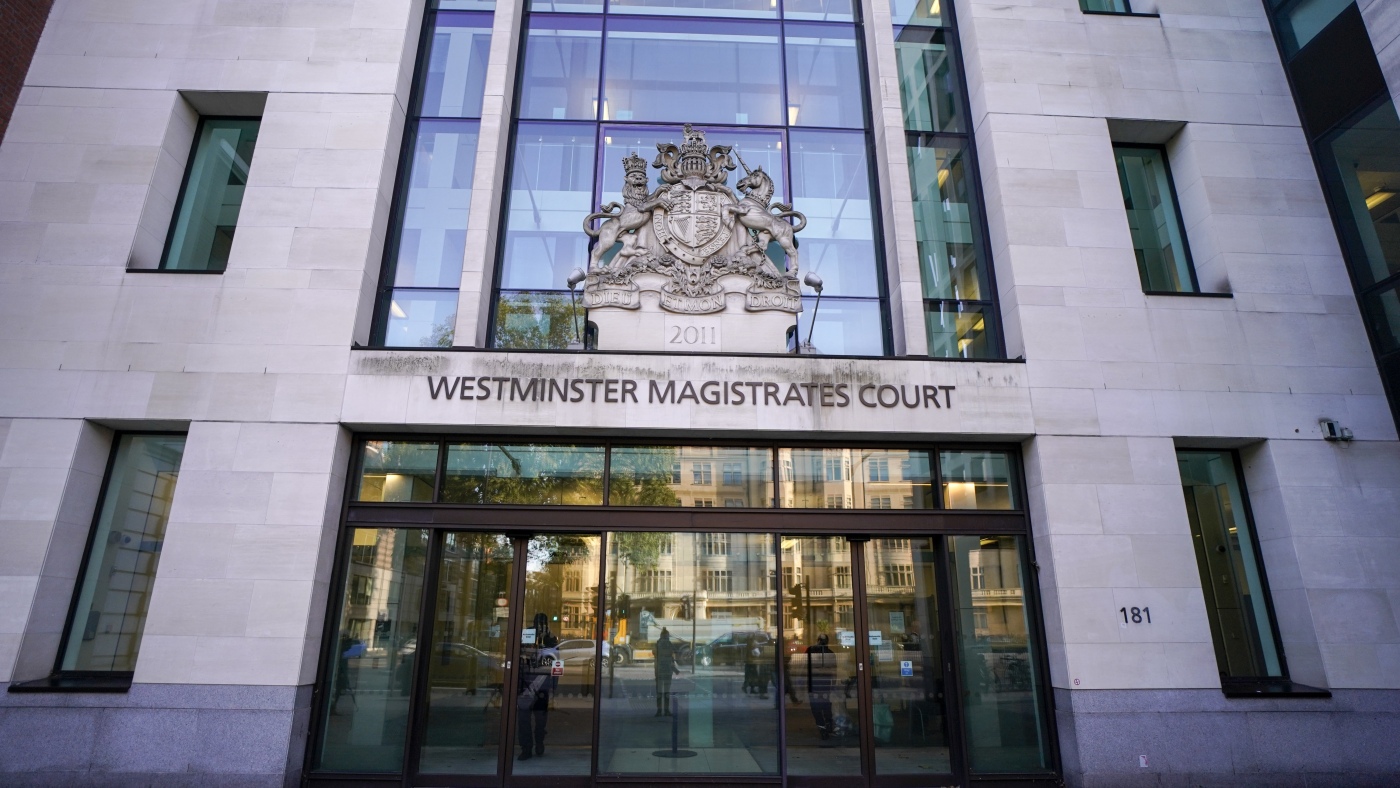A Deep Dive into the Alleged Hacking Campaign Targeting American Climate Activists
The Unfolding Drama
In the digital age, the battle for environmental advocacy has taken a sinister turn. The recent accusation against Israeli private investigator, Amit Forlit, of orchestrating a hacking campaign targeting American climate activists has sent shockwaves through the cybersecurity and environmental communities. The Justice Department’s charges of conspiracy to commit computer hacking and related crimes have exposed a troubling nexus of cyber threats, international politics, and environmental activism.
The Legal Labyrinth
Conspiracy to Hack
The Justice Department’s indictment of Amit Forlit for conspiracy to commit computer hacking is a serious allegation. This charge suggests a deliberate and coordinated effort to breach the digital defenses of American climate activists. While the specifics of the hacking methods and the scale of the data breach remain unclear, the implications are profound. Conspiracy charges often indicate a level of planning and collaboration, hinting that Forlit may not have acted in isolation.
The Activists in the Crosshairs
The targeting of climate activists is particularly alarming. These individuals and groups are often the vanguard of environmental policy advocacy and climate change awareness. The hacking campaign could be an attempt to sabotage their efforts, exposing sensitive information, disrupting operations, or even intimidating them into silence. This raises critical questions about the motives behind the attacks and who stands to gain from muffling the voices of climate activists.
The Global Chessboard
Cybersecurity and Diplomatic Dance
The accusation against Forlit illuminates the intricate dance between cybersecurity and international relations. The involvement of an Israeli private investigator in a hacking campaign against American activists underscores the global nature of cyber threats. It also prompts questions about the legal and ethical boundaries of international cyber operations. Navigating these boundaries will significantly impact global cybersecurity policies.
Environmental Activism Under Siege
Environmental activism has always been a battleground, with activists frequently facing opposition from corporate interests and governments. The deployment of cyber tactics to target activists introduces a new layer of risk and vulnerability. Activists must now counter not only traditional forms of resistance but also sophisticated cyber threats that can jeopardize their work and personal security.
The Road Ahead
Legal and Ethical Crossroads
The charges against Forlit carry substantial legal and ethical weight. Legally, the case will establish a precedent for prosecuting similar cybercrimes, especially those involving international actors. Ethically, it raises questions about the use of cyber tactics to suppress dissent and advocacy. The case’s outcome could shape how future cyber threats are addressed, influencing legal frameworks and ethical guidelines.
Fortifying Activists’ Digital Defenses
The incident underscores the urgent need for enhanced cybersecurity measures for activists and advocacy groups. These organizations often operate with limited resources and may lack the expertise to defend against sophisticated cyber attacks. Investing in cybersecurity infrastructure and training for activists is crucial to protecting their work and ensuring their safety.
Global Allies in Cybersecurity
The case highlights the necessity of international cooperation in tackling cyber threats. Cybercrimes often transcend national borders, requiring coordinated efforts between countries to effectively investigate and prosecute offenders. Strengthening international partnerships and sharing best practices will be vital in combating global cyber threats.
Conclusion
A Wake-Up Call
The accusation against Amit Forlit is a stark wake-up call, revealing the evolving nature of cyber threats and the urgent need to protect vulnerable groups. As climate activism gains traction, so will the efforts to undermine it. It is crucial to bolster our defenses, both legally and technologically, to safeguard the work of activists and ensure their voices are heard. The outcome of this case will significantly influence the future of cybersecurity and international relations, serving as a call to action for all stakeholders to prioritize the protection of digital freedoms and the right to advocacy. The battle for environmental advocacy has entered the digital age, and it is a battle we must win.

